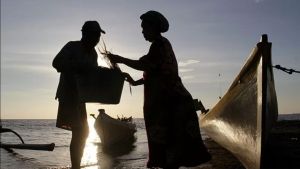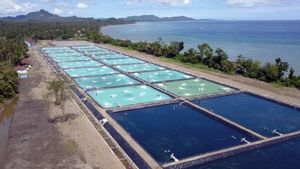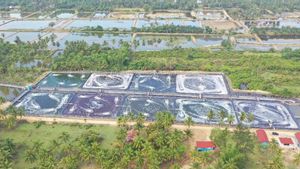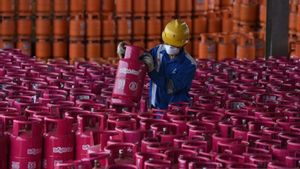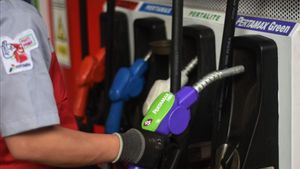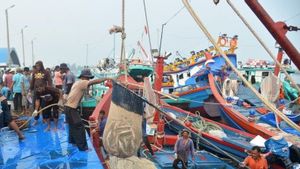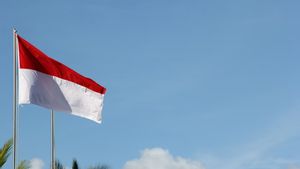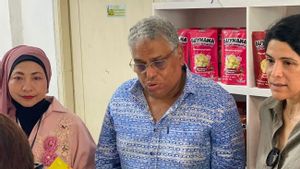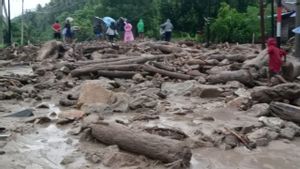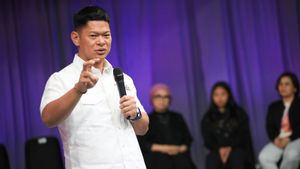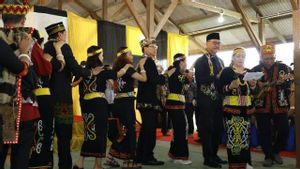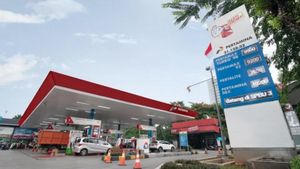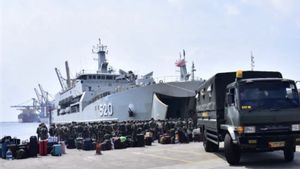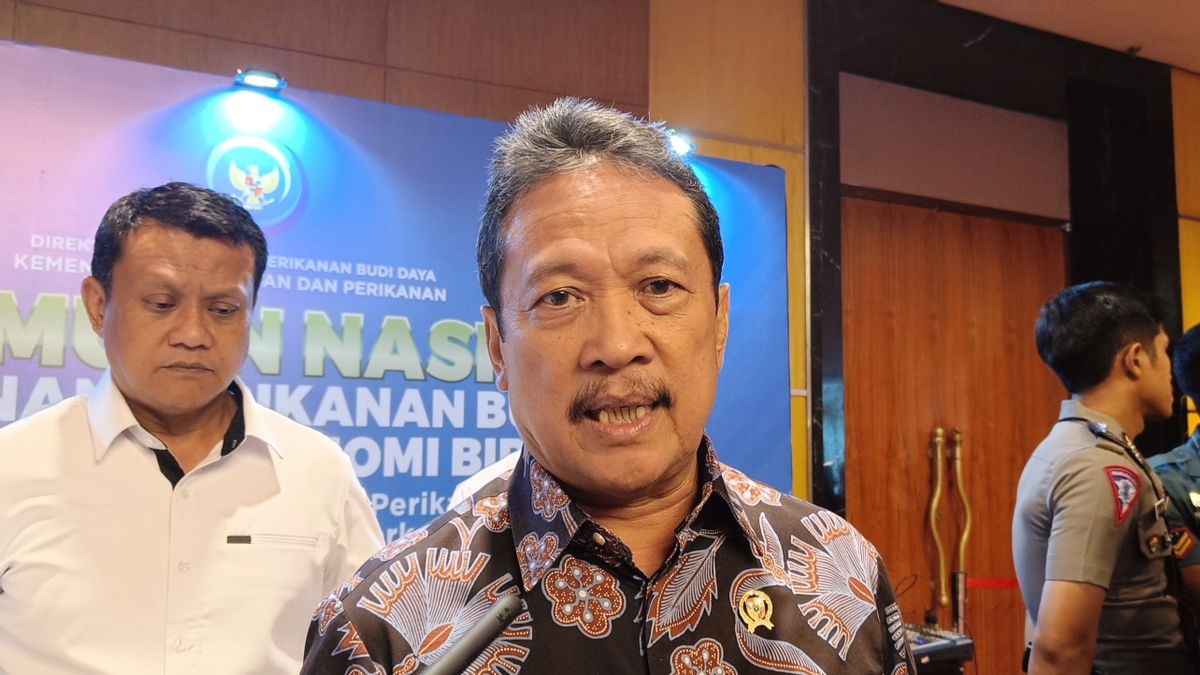
JAKARTA - Minister of Maritime Affairs and Fisheries (KP) Sakti Wahyu Trenggono is exploring technology cooperation with the Kongsberg Satellite Service (KSAT) Norway to strengthen the implementation of the blue economy work program.
"KSAT has the capacity and experience in terms of Earth observation satellites, hardware development and software for maritime surveillance and ship detection to monitor illegal activities at sea," said Minister Trenggono, quoted from the KKP's official website, Monday, January 29.
Minister Trenggono explained that the capabilities of satellite technology owned by KSAT can be used in various marine and fisheries sub-sectors.
Not only detecting ships that carry out illegal practices, but also providing environmental monitoring services, to being able to analyze data whose output is in the form of early warnings of sea pollution threats.
"This satellite is also able to monitor Allae Bloom and Aquaculture. So, if we synergize technology here with technology that already exists in the KKP, of course the results will be stronger. We are still exploring this," he said.
Meanwhile, Executive Vice President of Space and Surveillance, Wald Aaro, who received a direct visit from Minister Trenggono, explained about the Kongsberg Satellite Station and the technology used.
Wald said, at least 21 countries have been served with designation in the marine and fisheries sector including the construction of nano-satellite, earth stations for command and satellite control, supervision of fisheries and oil spill operations.
관련 항목:
"This satellite can be used to detect fishing vessels that do not activate AIS and VMS. Thus, ship activities against illegal fishing are not reported and are not regulated (IUUF) can be monitored," he said.
For your information, there are five blue economy programs that have been launched by the KKP, including expansion of marine conservation areas, implementation of measurable fishing policies (PIT), sustainable development of power farming on coastal, land and sea, supervision and control of coastal utilization and small islands as well as handling plastic waste in the sea through the fishermen's participation movement.
The implementation of these five blue economy programs is to ensure ecological sustainability while at the same time encouraging economic growth in the community and increasing state income.
The English, Chinese, Japanese, Arabic, and French versions are automatically generated by the AI. So there may still be inaccuracies in translating, please always see Indonesian as our main language. (system supported by DigitalSiber.id)


